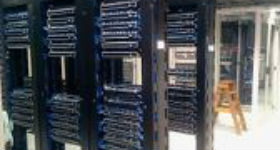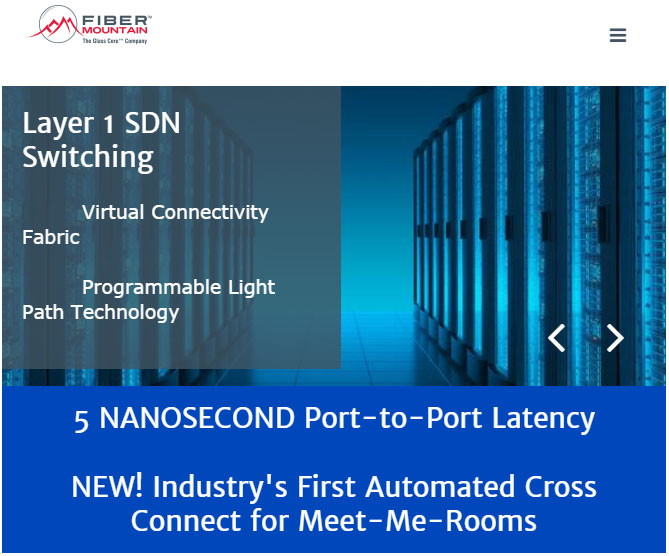Inside Cisco's Master Plan for Data Centers: Simpler Storage
Data centers effectively run on data. It's right there in the name. Being able to use data effectively, meanwhile, depends on making access to it sufficiently simple; if data is too difficult to access or even find, then what's the point of a data center to begin with? Cisco has a master plan for data centers, according to some reports, and a large chunk of that plan revolves around simplifying data storage.
Cisco has done some amazing things with its Unified Computing System (UCS) server system, building it into a $1 billion line of business. That
may sound amazing, but there's room for improvement; even this staggering total is only good enough for a fifth-place finish behind the likes of Hewlett-Packard Enterprise (HPE), Dell, IBM and Lenovo. What's more, there's some internal pressure on the market as well, as the x86 server market takes chunks out of the current market for enterprise data center operations. This is giving rise to an opportunity Cisco's been seen considering, as it may be ready to buy NetApp, regarded as the field's last independent provider of data storage.

With storage providers increasingly turning to the standard data center server to deliver solutions, having NetApp in Cisco's corner could be a very good move. It would help make storage simpler, and thus easier to use. Yet some wonder if Cisco isn't planning to buy that simplicity, but rather build its own instead. Cisco has tried to get more in on the enterprise storage market previously, and it's even been seen working with NetApp before to build a Flash-based UCS module. That didn't work out so well, reports noted, and Cisco's purchase of Whiptail back in 2013 ended up damaging a product line.
So where could Cisco be going? Some project it will focus on hyper converged infrastructure (HCI), a development that could give it an edge in the market. There have also been stirrings around an x86-based storage area network (SAN) that could offer users a layer of storage that's not specifically in the application server.
One point that's not working in Cisco's favor, by some notes, is a lack of focus. If it's not clear to the outside viewer just where it's going, then it's likely to be tough to consider Cisco, as no one knows just how the current environment will have to adapt to accommodate Cisco's development. Simplicity is important here; it contributes to overall ease of use, and if a program looks too cumbersome to be readily managed, that leaves a huge market opening for potential competitors who can offer desired simplicity.
Cisco's going to have to really offer a simple and powerful product to get anywhere in this market. Its current strategy looks rather diffuse, and that's not a positive going into a market where it's merely one of the top firms.
Edited by Alicia Young


